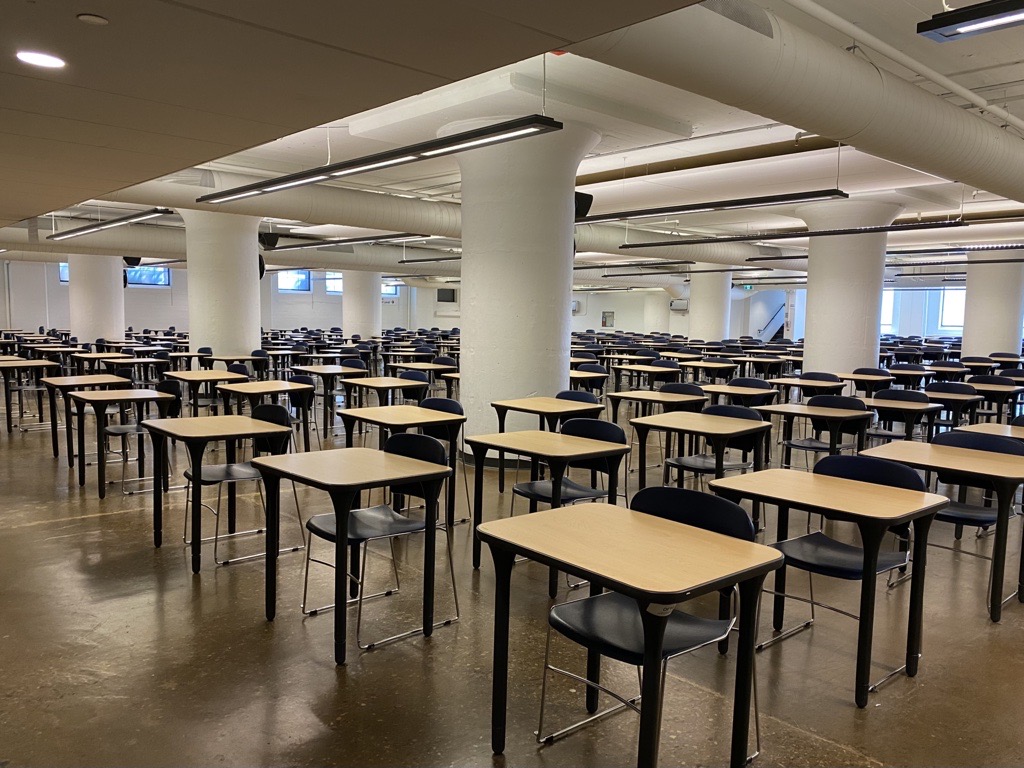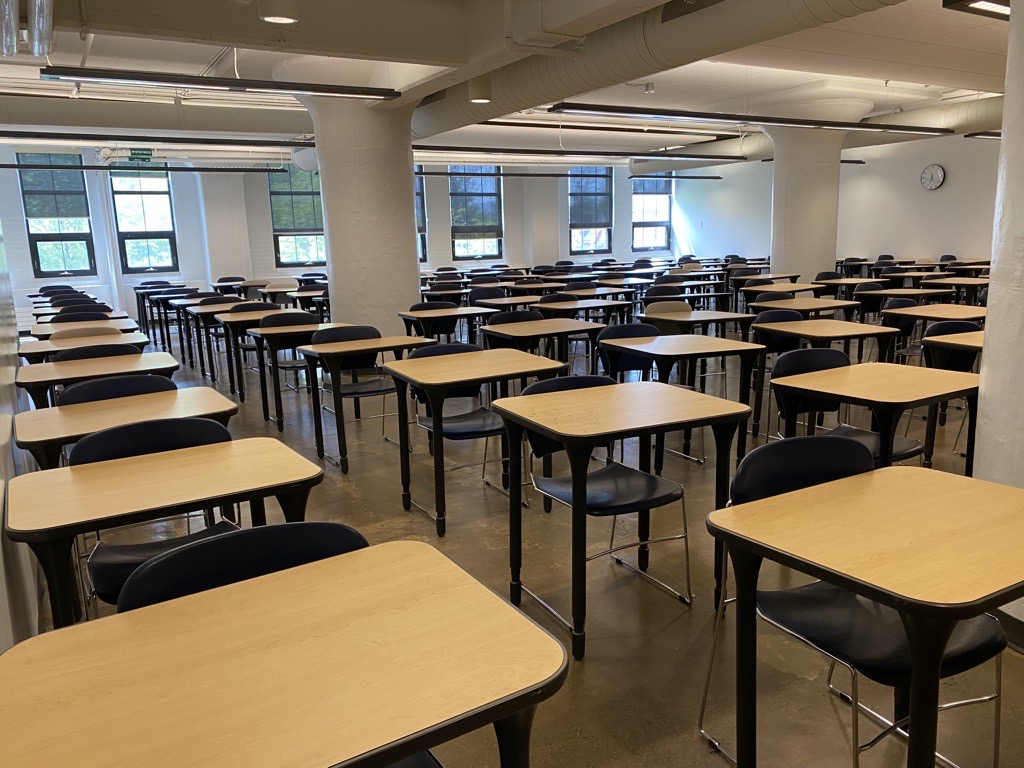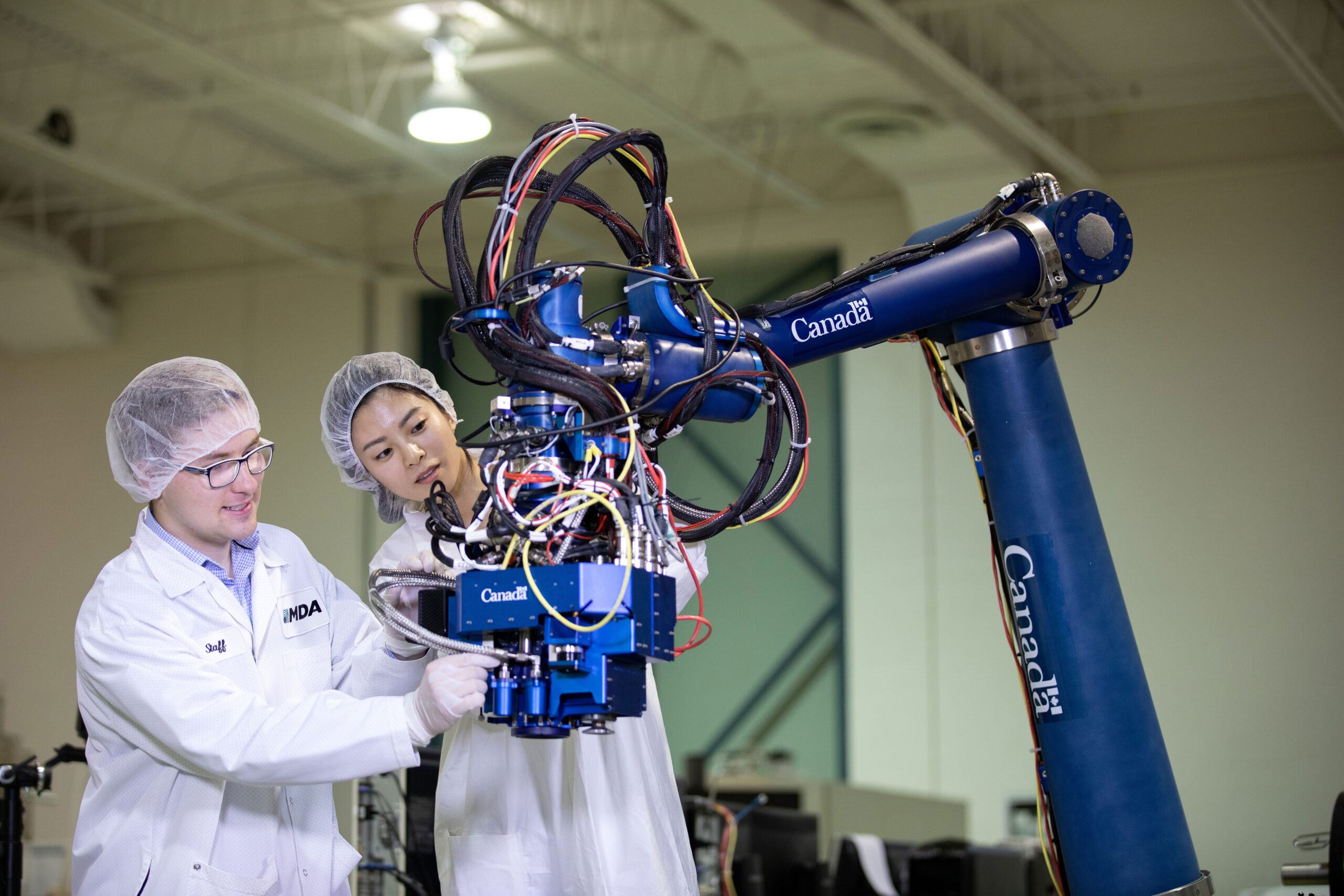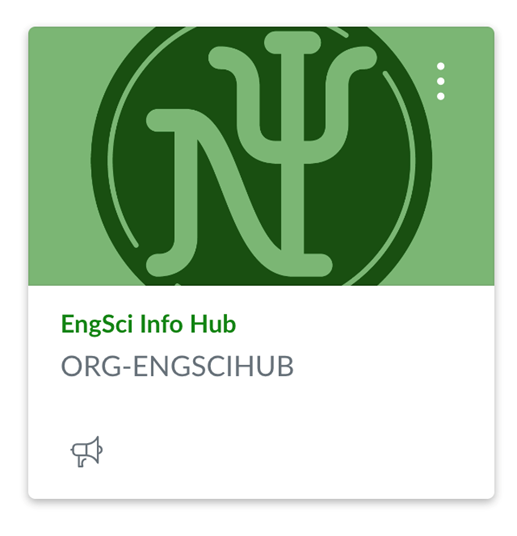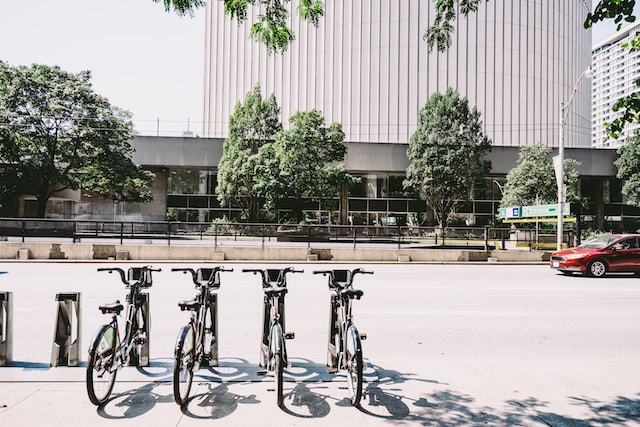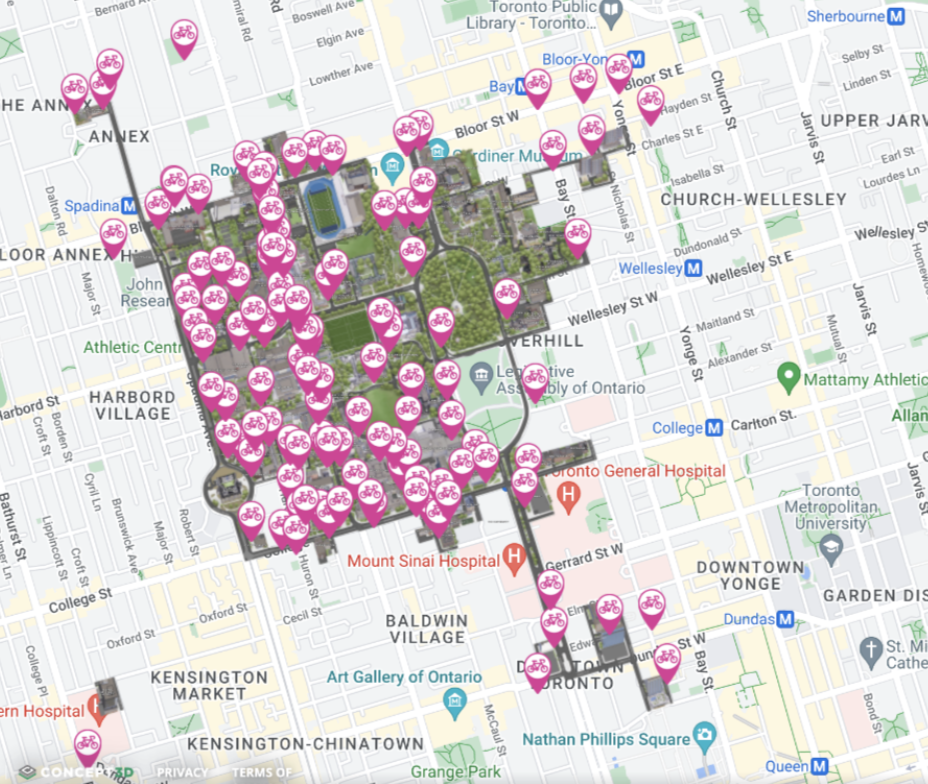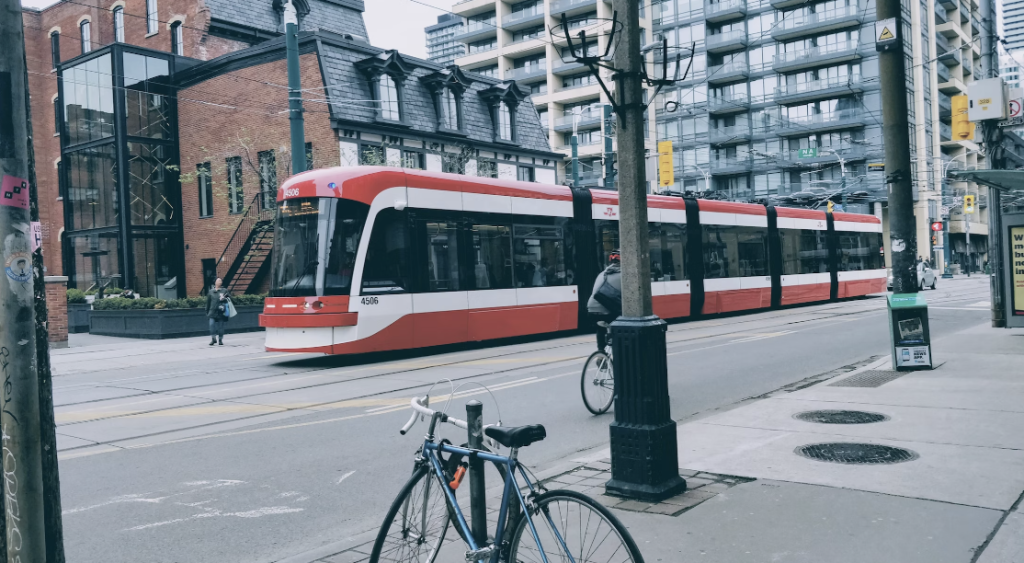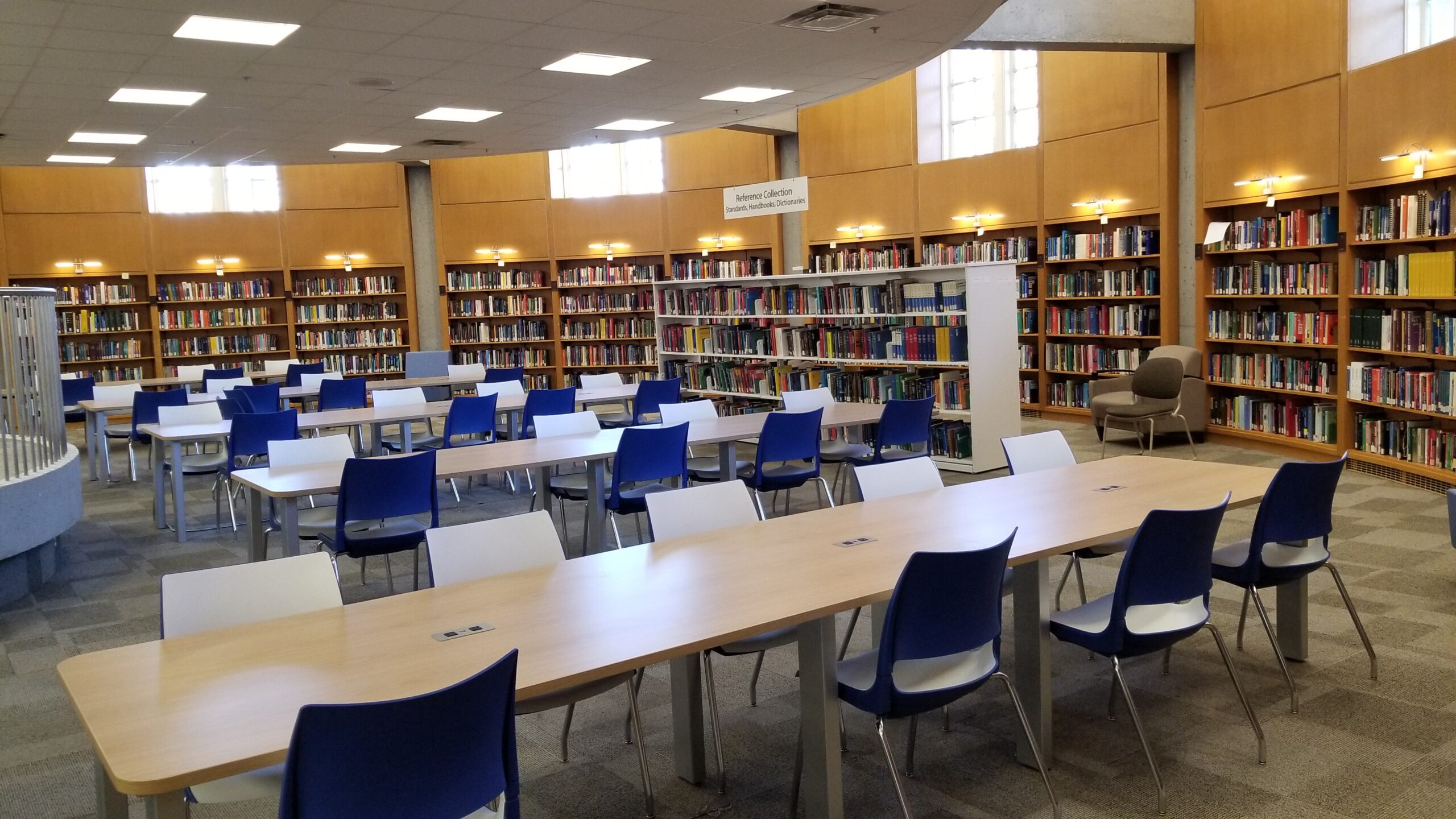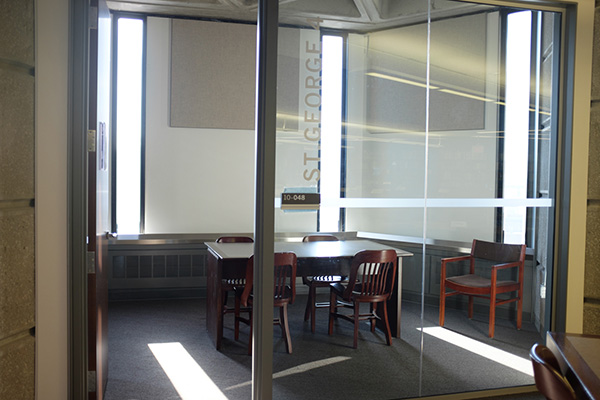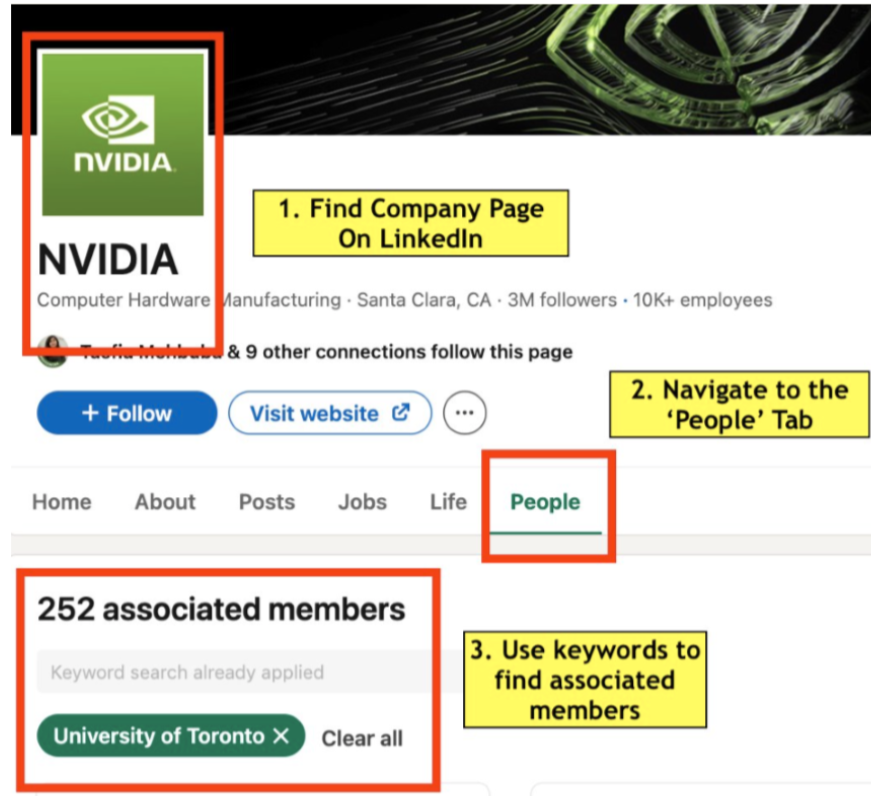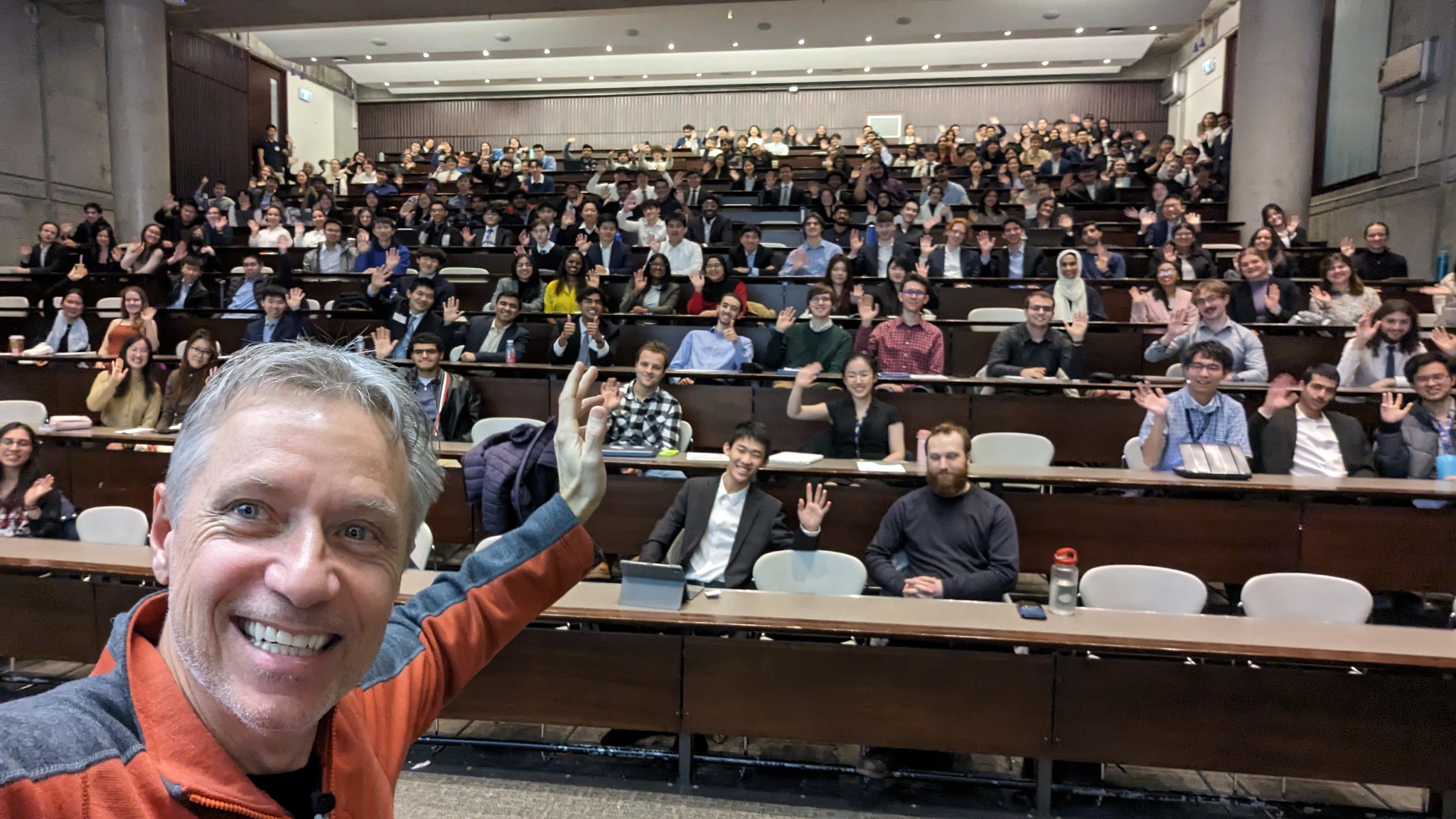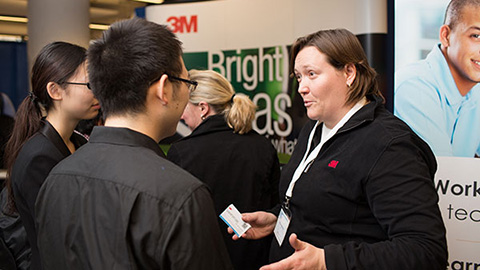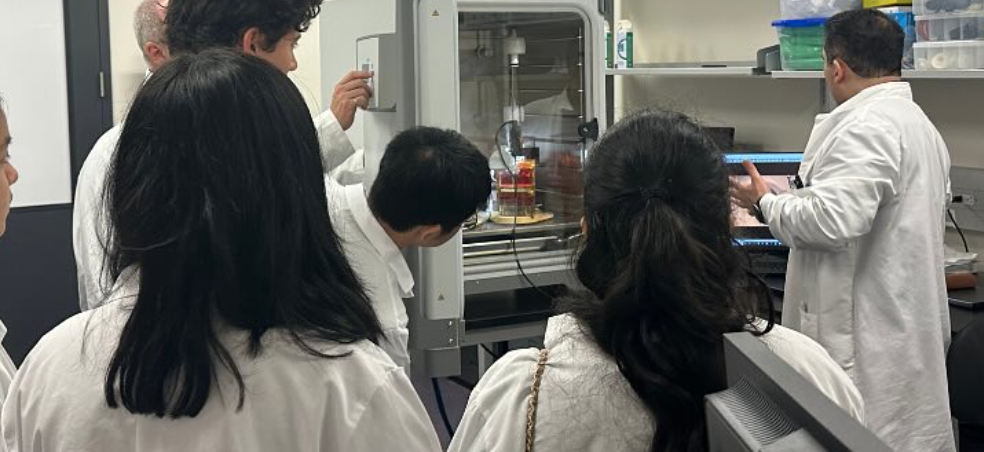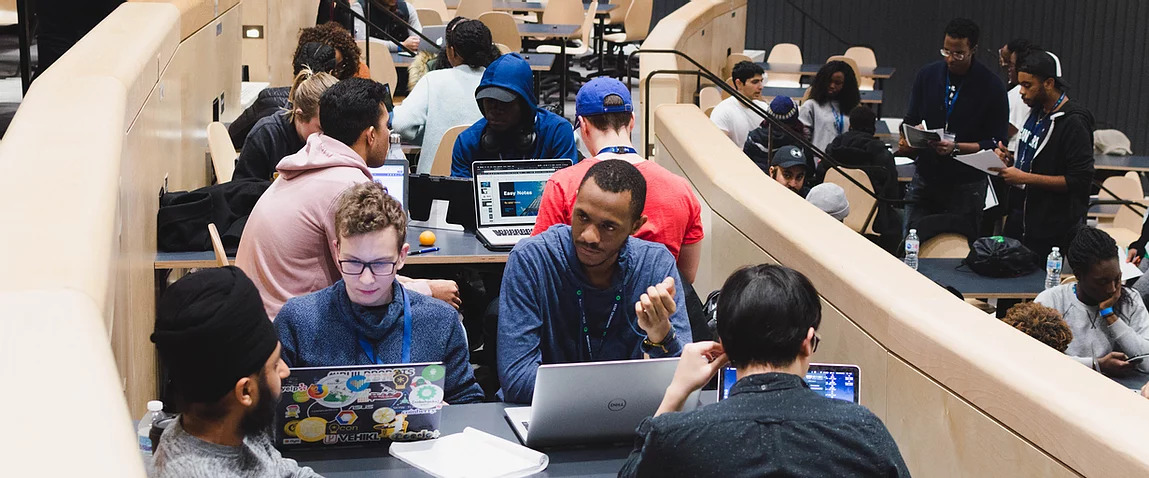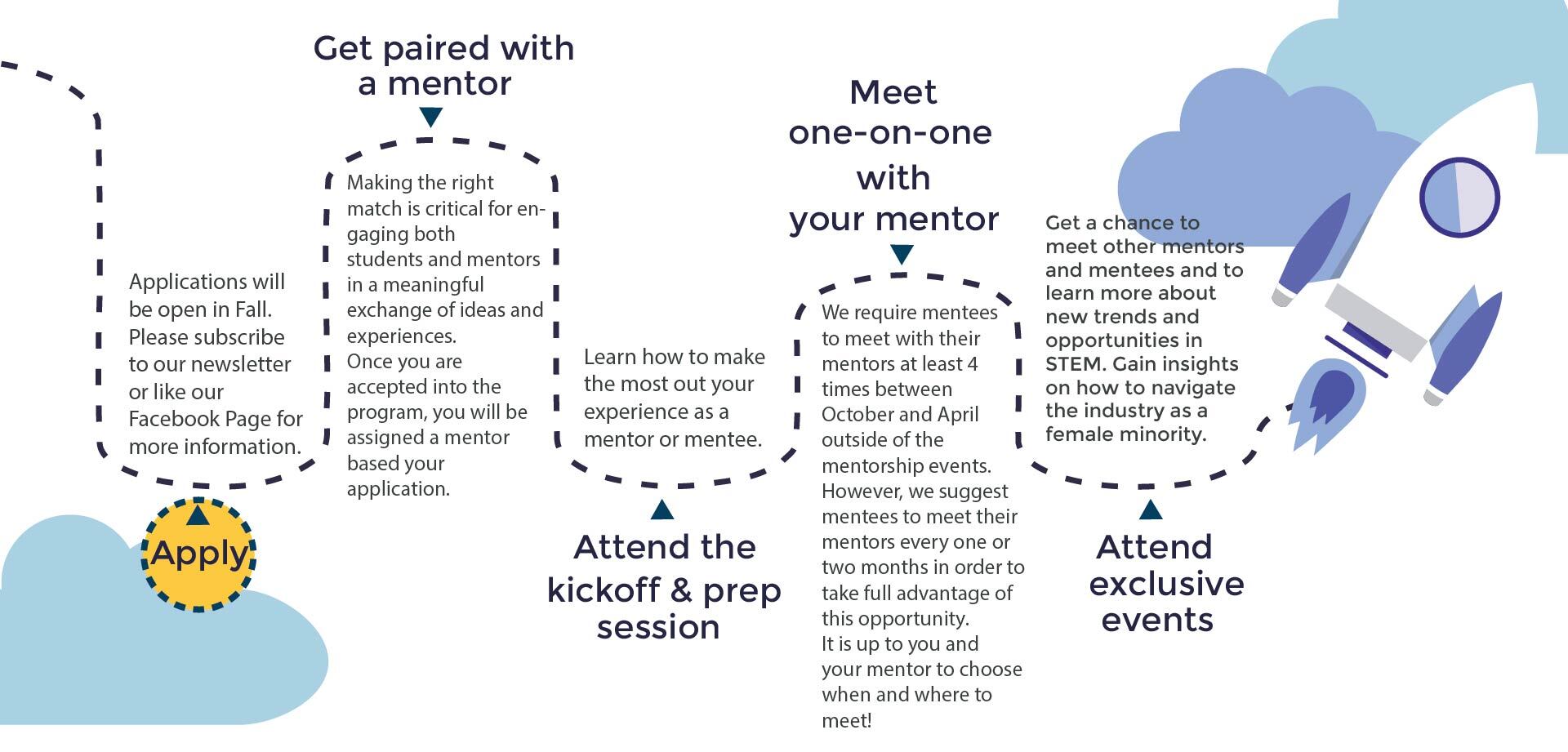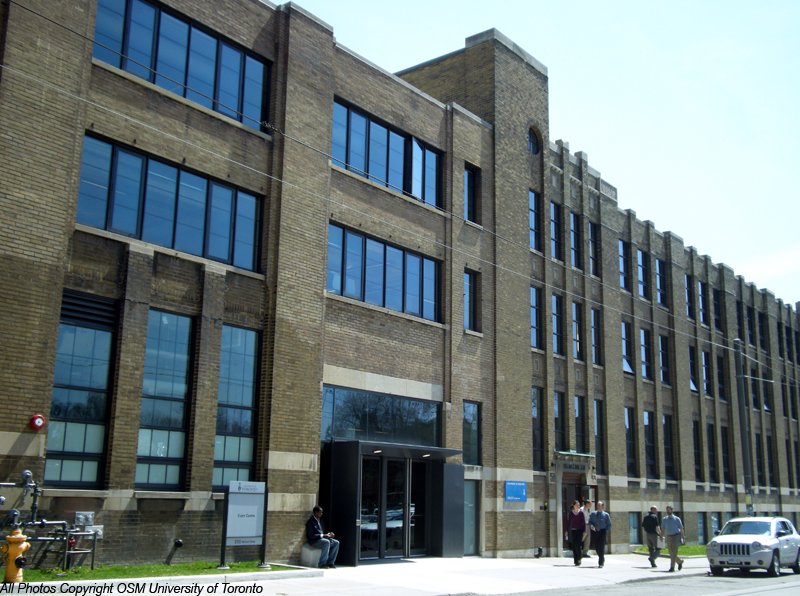
Located at 255 McCaul Street, the Exam Centre is where you will be taking many of your midterms and final exams. The Exam Centre has rooms for both larger and smaller classes, so you may find yourself taking exams with your entire section at the same time or with 30-40 students.
During Exams
Expect strict rules inside. You will be asked for photo ID. Phones and smart watches off, bags at the front, and no talking. The seating is usually not assigned, so you can grab any seat you like. The invigilators are there to make sure everything runs smoothly, so listen to their instructions. Often the exam will be invigilated by the Professor(s) and TA(s) of the course itself, but this is not guaranteed.
If you need accommodations, make sure you are registered with Accessibility Services well beforehand to allow enough time to process your request. Accessibility Services works with Accommodated Testing Services (ATS) to administer and coordinate accommodated quizzes, term tests and exams for registered students.
Tips
Always bring your TCard to every midterm and final exam. If you can’t bring your TCard for some reason, some professors might accept a government ID instead, but this isn’t guaranteed. To avoid any issues, check with your professors ahead of time to see what they’ll accept.
Bring all the stationery you will need – pens, pencils, erasers, refills/extras, and an approved calculator (if allowed). Some Professors will only allow you to use a clear case for carrying your stationaries.
Make sure to bring water, ideally in a clear bottle. For longer exams, you may be allowed to keep a snack on your table as well.
The rooms can get cold, so having a sweater on hand isn’t a bad idea.
And finally, if you get nervous around exams, there are lots of resources to help you prepare.
Getting There
The Exam Centre is conveniently located near most engineering buildings, so if you’re doing some last-minute review in the common room before an exam (disclaimer: we do not endorse this study method), you’re just a quick 7-minute walk away. If you’re commuting, it’s also an easy walk from the Queen’s Park subway station.
For any exam at U of T, especially those in the Exam Centre, be sure to arrive early. Once the exam starts, the rooms are usually closed, and in larger spaces like EX100, it can be tough to get the invigilators’ attention through the two sets of doors.

